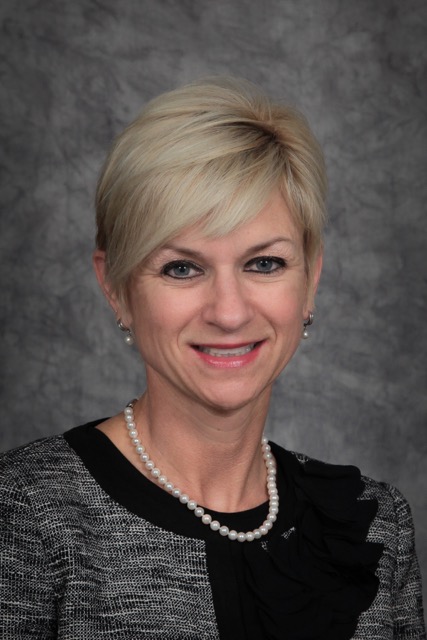Have you noticed it? It’s in the air. As leaders and HR professionals, we are very familiar with change, as it’s been constant for decades. But in this post pandemic age, there is a different kind of change going on.
A new era like none other is occurring — one that advocates for leading with freedom over fear and control. Embracing this transformation is not just a management philosophy; it's a strategic imperative for organizations aiming to thrive in this new post pandemic era.
Breaking the Shackles: The Limitations of Fear and Control
Traditional leadership models built on fear and control are increasingly proving counterproductive in today's work environments. Micromanagement and strict oversight stifle innovation, hinder collaboration, and erode employee engagement. The fear-driven approach may yield short-term compliance, but it falls short in fostering a culture of adaptability and long-term success. We’ve learned that life is short and today’s workforce has shifted their priorities to focus on what matters to them the most, which may not necessarily be found in a suffocating workplace.
Empowering through Freedom: Unleashing the Potential

You may ask why I would we lead with freedom when we have to get things done? Won’t employee’s run amok? Leading with freedom involves empowering employees to take ownership of their roles, encouraging autonomy, and fostering a culture of trust among other focuses.
Here's why it matters:
1. Cultivating Innovation
In a freedom-centric environment, employees are encouraged to explore new ideas, take risks, and challenge the status quo. This fosters a culture of innovation, where creativity flourishes, and groundbreaking solutions emerge. Traci Felton Founder of World Blu Freedom at Work reports that visionary CEO’s, entrepreneurs, and leaders who embrace this freedom in the workplace approach are seeing an average 700% greater revenue growth over three years compared to S&P 500 companies. You can catch this important strategy along with a complementary ticket rate of just $367 (retail value is $1997) to the WorldBlu Freedom at Work Summit.
2. Boosting Engagement and Morale
Freedom to make decisions and contribute meaningfully to the organization enhances employee engagement and morale. When individuals feel their voices are heard and their contributions matter, they become more invested in the success of the organization.
3. Adapting to Change
Rapid technological advancements and market shifts demand organizational agility. Leading with freedom allows for quicker adaptation to change, as employees are empowered to pivot, experiment, and embrace new opportunities without the fear of reprisal.
4. Attracting and Retaining Talent
In this new era, people place a high value on workplace autonomy and a sense of purpose. Organizations that prioritize freedom in leadership are more attractive to top talent and are better equipped to retain their best and brightest.
The Future of Leadership: A Call for Freedom
Leading with freedom is not just a leadership style or a “flavor of the month”. It’s a fresh workplace strategy that aligns with the changing dynamics of the modern workplace. Embracing freedom over fear and control sets the stage for organizational resilience, employee empowerment, and sustained success in an era where adaptability is the key to thriving. As organizations navigate the complexities of the future, it's clear that those who lead with freedom will lead the way.
Latest posts by Tresha Moreland (see all)
- Building Trust in Uncertain Times: Strategies for Global Leaders - May 2, 2024
- Navigating Required Wage Increases: Strategies for Leaders in Tight Budgets - April 29, 2024
- Navigating Ethical Dilemmas in Organizations - April 28, 2024












